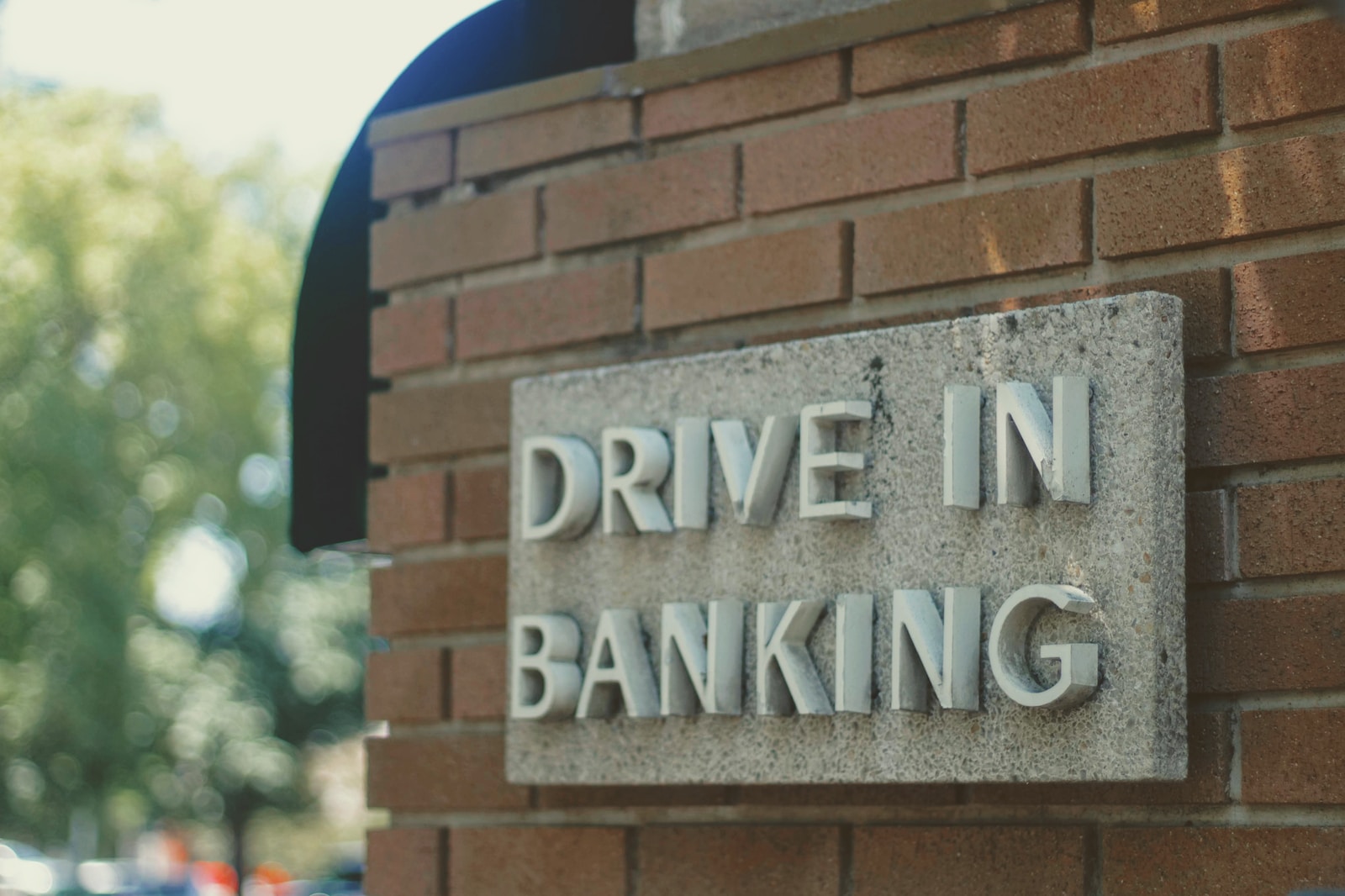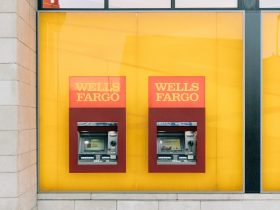Hello there, savvy spenders! It’s Jessica Montgomery, back with another dose of financial wisdom and wit. Today, let’s dive into the fascinating realm where improved financial literacy meets the shores of ethical financial behavior. Buckle up, because we’re about to uncover the hidden treasures of financial understanding and how it can be a guiding compass for ethical spending in our daily lives.

Picture this: you walk into your favorite store, armed with a budget and a shopping list, determined not to fall prey to impulsive buying. Yet, somehow, that irresistible shiny gadget or trendy ensemble seems to beckon, whispering sweet promises of instant gratification. It’s moments like these where an understanding of financial literacy can be the superhero cape that shields us from making regrettable financial choices.
Financial literacy, in simple terms, is the ability to understand and manage various financial aspects effectively. It involves comprehending concepts like budgeting, investment, and debt management, all of which play a crucial role in shaping our spending behaviors. When armed with this knowledge, we not only make informed financial decisions but also tend to lean towards ethical and responsible spending practices. Let’s explore how this phenomenon works its magic in the real world.
Understanding the True Cost:
One of the primary benefits of financial literacy is the ability to decipher the true cost of an item. Sure, that discount might seem appealing, but do we really need that fourth pair of shoes or the latest gadget when the current one works just fine? By comprehending the long-term implications of each purchase, we can steer clear of the consumerist trap and opt for more ethical spending practices.
Take the example of Sam, an enthusiastic tech aficionado who just had to get his hands on the newest smartphone model. With a little financial literacy, Sam would have realized that the marginal benefits of the latest model didn’t quite outweigh the hefty price tag, especially when his current device was more than capable of fulfilling his needs.
Navigating the Sea of Credit:
Another crucial aspect of financial literacy is understanding the nuances of credit and debt. Many fall prey to the allure of easy credit, only to find themselves drowning in a sea of interest rates and repayment woes later on. Ethical spending is all about being accountable for our financial actions and understanding the implications of borrowing beyond our means.
Consider the case of Lisa, who couldn’t resist the temptation of that ‘buy now, pay later’ scheme for her dream designer handbag. A deeper grasp of financial literacy might have led her to ponder the potential repercussions of accumulating unnecessary debt, ultimately steering her towards more prudent and ethical financial choices.
Investing in the Future:
Financial literacy also empowers us to make informed investment decisions. While the allure of get-rich-quick schemes might seem tempting, a sound understanding of investment strategies helps us distinguish between genuine opportunities and potential pitfalls. Ethical spending encompasses the conscious allocation of resources, including investments, that not only yield financial returns but also contribute positively to society.
Imagine Steve, a young investor eager to multiply his savings quickly, who stumbled upon a seemingly lucrative investment opportunity that promised unusually high returns. Armed with financial literacy, Steve would have recognized the red flags of such schemes and opted for more ethical investment avenues that align with his long-term financial goals and ethical values.

Building a Sustainable Future:
Financial literacy also extends its reach to the realm of sustainable and ethical investments. As the world shifts its focus towards environmentally responsible practices, understanding how to support businesses that prioritize sustainability and ethical conduct becomes increasingly crucial. By directing our funds towards companies that value ethical sourcing, fair trade, and sustainable practices, we actively contribute to building a more ethical and sustainable future.
Consider the story of Sarah, a conscious shopper who decided to research the ethical and environmental practices of the clothing brands she frequented. With a deeper understanding of financial literacy, Sarah was able to make well-informed decisions, supporting companies that aligned with her values and actively contributed to a more sustainable and ethical fashion industry.
Educational Initiatives:
The importance of financial literacy cannot be overstated, especially in the context of education. By integrating financial literacy into school curriculums and community programs, we can equip the younger generation with the necessary tools to make informed and ethical financial decisions early on. Educating individuals about the impact of their spending habits on themselves and society at large lays a strong foundation for a financially responsible and ethically conscious future.
Conclusion:
In a world driven by consumerism and instant gratification, the significance of ethical financial behavior cannot be emphasized enough. Improved financial literacy serves as the guiding light that not only helps us navigate the intricate web of personal finance but also encourages us to make ethical and responsible choices that resonate with our values and contribute positively to society. So, let’s embark on this journey of financial enlightenment, armed with knowledge and humor, and pave the way for a future where ethical spending is not just a choice but a way of life. Until next time, stay financially savvy and ethically responsible!

































